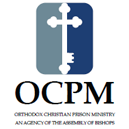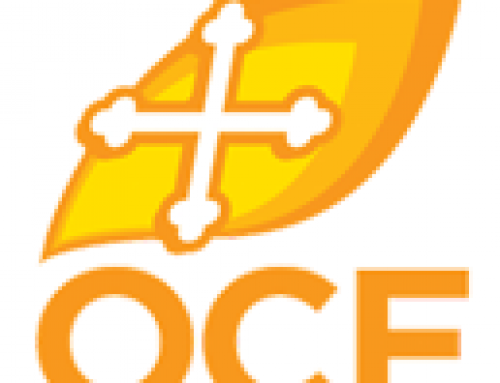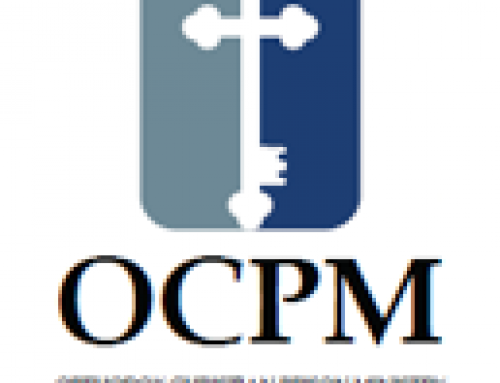This post was originally published on this site

Today Orthodox Christians around the world celebrate the Annunciation when the Holy Archangel Gabriel appeared to Mary and told her that she was “highly favored; the Lord was with her; and she was blessed among women!” You can read the whole story in Luke 1. Her response to the angel literally changed the course of human history. Sadly, in some segments of Christianity, Mary is almost totally forgotten except at Christmas when the story of our Lord’s Birth is read.
Any discussion of Mary should begin with her Son, Jesus. He is rightly compared with the first Adam because His obedience overcame the disobedience of Adam (1 Corinthians 15:45). Hence, Jesus is called the “last Adam” or the second Adam. The Early Church also compared Mary to the first Eve, calling her the second or last Eve. This recognizes her obedience to God in the coming of our salvation as opposed to the disobedience of Eve. Mary responded to the angel Gabriel with these words:
“Behold, I am the handmaid of the Lord; let it be to me according to your word.”
Where Eve told God: “Not Your will but my will be done!” Mary said: “Not my will but Your will be done!” God works in cooperation with man and Mary had an honest choice to make. God did not force Himself on Mary, just like He does not force Himself on us. We too have choices to make every day. Her obedience to God made her the most blessed woman to ever live (Luke 1:47-49). Her obedience results in God becoming Incarnate. Wow…that is way beyond our comprehension, but it was believed by the Early Christians from the beginning. When Mary gives birth to Jesus, she has given birth to her Savior and to our Savior, to God come in the flesh (Luke 1:46-47).
Some folks today really struggle with calling Mary the “Mother of God.” This is usually because they do not understand that the title is all about who Jesus is and not about worshipping Mary. The Early Christians called Mary the Theotokos, meaning the “Bearer of God”, that is, the one who gave birth to God come in the flesh, indeed the Mother of God. In the year 428, a bishop of the Church named Nestorius began to teach that Mary was not “Theotokos” but was “Christotokos” (the bearer of Christ, not God).
The leadership of the entire Christian world came together in Ephesus in 431 for a Council to discuss what Christianity had always believed about Jesus. The Truth, which had been handed down from generation to generation from the time of Jesus through His Apostles, was clear: Jesus was indeed God come in the flesh, very (true) God of very (true) God and that Mary gave birth to God come in the flesh for our salvation. It condemned the false doctrine of Nestorius. The title Theotokos was indeed the correct title for Mary because of the true identity of her Son. It is about Jesus that the title was bestowed on her and that title is still true today. Mary is the Mother of God…truly the Theotokos.
So today, we give honor to that vessel who bore God in her body bringing the Savior to the world. We too carry our Lord within us and it is our joy to bring Him and His message of salvation to the world. May we join with every generation in calling Mary “blessed.” When we do so, we are in obedience to the Holy Scriptures:
“And Mary said: “My soul magnifies the Lord, and my spirit has rejoiced in God my Savior. For He has regarded the lowly state of His maidservant; for behold, henceforth all generations will call me blessed. For He who is mighty has done great things for me, and holy is His name. And His mercy is on those who fear Him from generation to generation.”
No other woman has ever deserved it more. She is the blessed Theotokos.
May we in our daily choices also have that same response as Mary: “Not my will, Lord, but Your will be done!”




